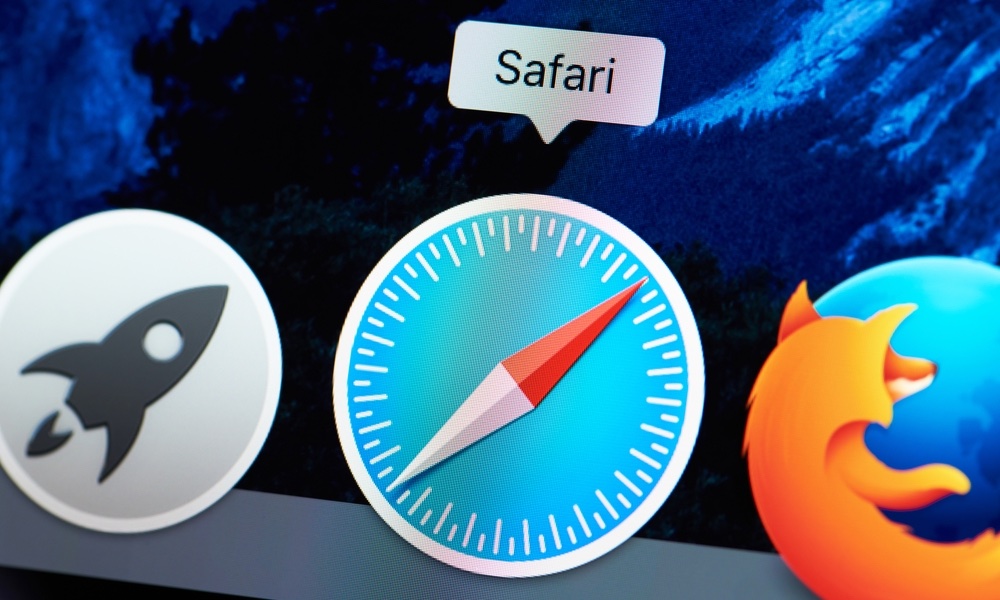Apple’s Safari Team Will Treat Online Tracking Like ‘Malware’ Going Forward
 Credit: PixieMe / Shutterstock
Credit: PixieMe / Shutterstock
Toggle Dark Mode
Apple’s WebKit development team has officially published its WebKit Tracking Prevention Policy, which details how the browser engine cracks down on internet tracking.
WebKit, of course, is used in Safari and other platforms. And the newly published document reveals a wealth of details about how Apple protects your privacy online. Here’s what you should know.
Policies & Methods
Apple is taking a massive step in putting an end to cross-site internet tracking, and WebKit Tracking Prevention Policy shows just how far the company’s development team is willing to go.
The document lists a slew of known internet tracking techniques like cross-site tracking, stateful tracking, covert stateful tracking and fingerprinting. It also states that the team believes these types of tracking should be blocked by all browsers by default — and that it’ll endeavor to do just that in WebKit.
In other words, Apple’s WebKit team is going to take tracking very seriously. In the document, it said it will treat all attempts to bypass its anti-tracking measures in Safari with the “same seriousness” as malware or exploiting security vulnerabilities.
“If a party attempts to circumvent our tracking prevention methods, we may add additional restrictions without prior notice,” the policy reads.
The team also notes that there won’t be any exceptions for preventative technologies applied across sites. More than that, the anti-tracking measures will extend to legitimate trackers in addition to illicit ones. Mostly, that’s because WebKit has no mechanism in place to distinguish between the two.
And if WebKit runs into an unknown covert tracking method, the policy says that the browser engine will implement techniques like reducing tracking time windows or the list of available data points.
WebKit has been blocking cross-site tracking for about two years ago, but the policy just details the methods it uses to do so. The blog post also credits Mozilla Firefox’s tracking policy, which team says inspired its own.
While the browser may offer exceptions for some legitimate tracking purposes, the team makes it clear that it will always favor the privacy of the consumer over the need to track them.
What This Means for You
Cross-site and covert tracking is a major privacy issue. If you care about your online privacy, then these techniques and methods will go a long way toward blocking entities from tracking you online (as long as you use a WebKit browser, of course).
That could come with a downside for the user experience, since the anti-tracking measures could interfere with legitimate platforms like single sign-on, bot detection and fraud prevention.
On a broader scale, the official WebKit policy is going to be a major win for privacy advocates. Apple is a big tech company with a lot of influence and visibility. That means that these privacy measures could trickle down to smaller and more niche browsers and platforms.
Of course, preventing tracking on this big of a scale will likely cause Apple to clash with other tech giants. No matter who wins that battle, Apple is making it clear that it’s standing with consumers.






